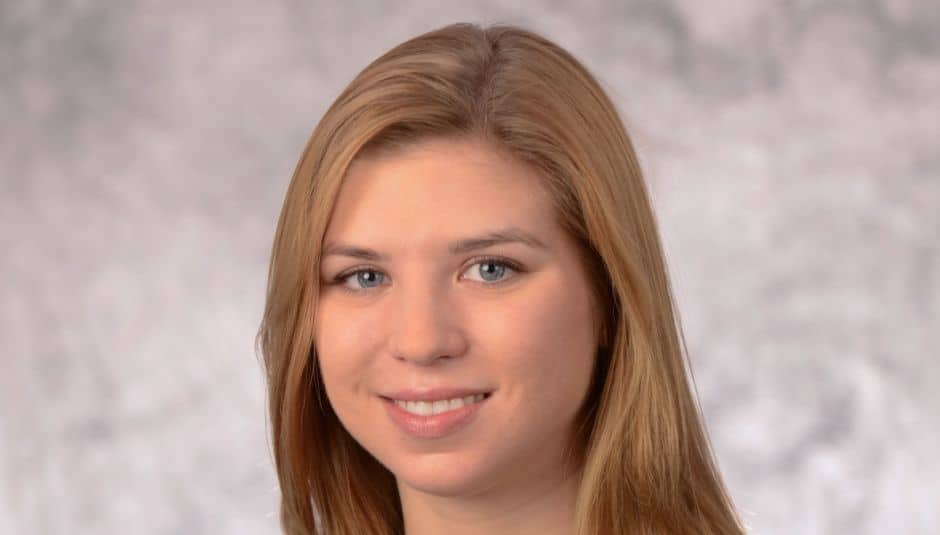Introduction
An inspector general review found that nine of 10 Medicare claims for atypical antipsychotic drugs for nursing home patients were given for dementia, despite warnings of increased death rates.
According to the Department of Health and Human Services inspector general, 14 percent of 2.1 million nursing homes had at least one claim for antipsychotic drugs and out of those patients, 17 percent were taking more than one antipsychotic.
The Food and Drug Administration requires drug manufacturers to include a warning explaining the increased risk of death when these drugs are used for the treatment of behavioral disorders in elderly patients with dementia. Elderly patients with dementia taking anti-psychotics experienced a death rate of 4.5 percent, compared to 2.6 percent in placebo groups. According to the IG, 83 percent of Medicare claims for atypical antipsychotic drugs for elderly nursing home residents were associated with off-label usage and 88 percent were associated with dementia.
Off-label use—prescribing a medication for a condition other than the FDA-approved use— is not uncommon. Anti-psychotic medicines have been used to treat agitation in dementia, depression, obsessive-compulsive disorder, post-traumatic stress disorder, personality disorders, Tourette’s syndrome and autism.
While doctors are not prohibited from prescribing drugs for off-label conditions or in the presence of conditions specified in an FDA warning, such as dementia, Medicare will pay only for drugs that are used for medically accepted indications approved by FDA. The IG review of medical records determined that 22 percent of the atypical antipsychotic drugs did not comply with CMS standards regarding unnecessary drugs in nursing homes, amounting to $63 million of claims.
“Nursing homes that failed to comply with CMS standards regarding unnecessary drugs may not adequately ensure nursing home residents’ health and safety,” the inspector general noted.
The IG also found half of Medicare claims for atypical antipsychotic drugs, which treat psychoses and mood disorders, were erroneous, amounting to $116 million during a six-month period in 2007.
CMS has precautions to prevent nursing home residents from unnecessary drug regimens, like requiring nursing homes administering antipsychotic drugs to ensure that the residents receive gradual dose reductions and behavioral interventions in an effort to reduce drug use. But in November 2009, the United States reached a $98 million settlement with Omnicare, Inc. to resolve allegations that it received kickbacks to recommend drugs, including Risperdal, an atypical antipsychotic, in nursing homes.
Atypical antipsychotic drugs pose serious side effects, even for health adults. The risks include neuroleptic malignant syndrome, a life-threatening nervous system problem; tardive dyskinesia, a movement problem; high blood sugar and diabetes; and very low blood pressure resulting in dizziness and fainting.
In 2009, Eli Lilly paid billions for failing to fully disclose health risks related to its antipsychotic drug Zyprexa, as reported by iWatch News.
Fast Fact: Antipsychotic prescriptions cost an average of $7.26 for one-day supply, amounting to $184 per Medicare claim.
Read more in Environment
Environment
More hiring through ‘green’ chemistry?
Study suggests greener methods could revive chemical industry. But the industry blames Washington for job losses


Join the conversation
Show Comments